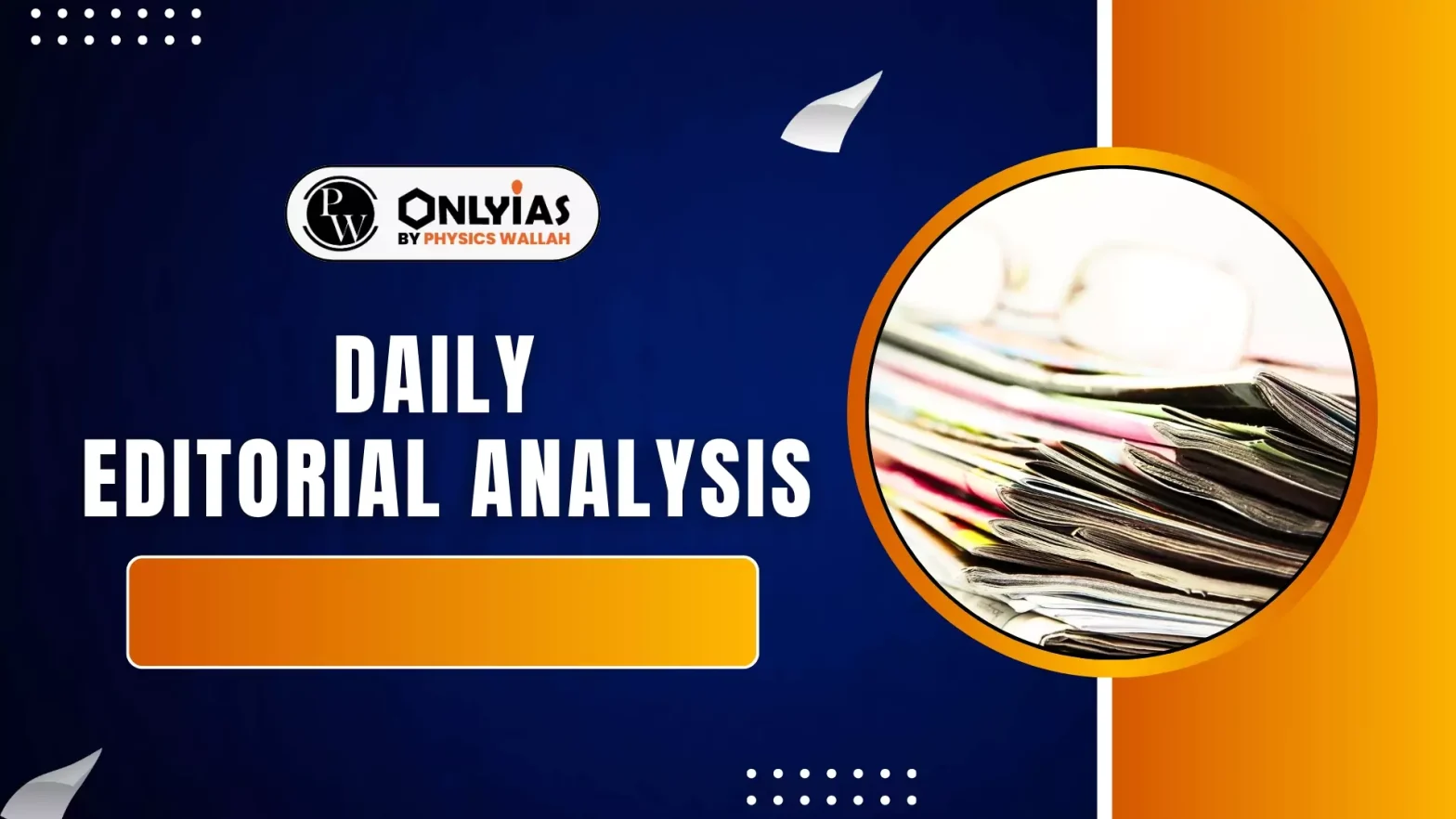Good governance means that people’s work happens fast and transparently. Officials must be accountable for their actions, and work needs to be done fairly without favouring anyone. Administrative reform is essential to achieve this ideal.
Current Challenges in India’s Administrative System
- India’s administrative system continues to operate under colonial-era rules and a colonial culture, even more than 75 years after independence.
- During the colonial period, the focus was on control, and any public welfare was seen as charity.
- Unfortunately, some officers today still operate with this mindset, behaving like ‘kings’ rather than civil servants.
Key problems in the Indian Administrative system
- The ‘Chakravyuh’ of Files: This signifies excessive red-tapism and corruption.
- Obtaining simple approvals, like a No Objection Certificate (NOC), involves files moving through 8-10 desks, even though the final decision rests with a single officer.
- Procurement processes can take 3-4 months due requiring consent from many departments.
- Lack of Professional Feedback Culture: Officers frequently interpret professional feedback as a personal attack. This perspective significantly impedes constructive criticism and improvement.
- Flawed Annual Performance Review (APR): The system for rating government officers’ annual performance is severely deficient. Most officers receive an ‘outstanding’ rating.
- This lack of genuine evaluation provides no incentive for officers to improve, as they believe their performance is already perfect.
- A diligent officer and a lazy one often receive the same high rating, eliminating motivation for change.
- Unclear and Ambiguous Rules: Government rules and laws are often vague and open to interpretation.
- This ambiguity allows officers significant discretion to either accelerate or halt projects.
- Example: An energetic officer might use the rules to fast-track a metro project, while a risk-averse successor might cite the same rules’ lack of clarity to stop work.
- This demonstrates that the system is person-centric, not process-centric.
- A process-driven system is necessary for work to continue smoothly regardless of officer transfers.
- Lack of Institutional Memory: The departments do not properly maintain records of past projects, their learnings, notes, or officers’ comments.
- Consequently, new officers often start from scratch, leading to a waste of time, money, and resources. This absence of institutional memory slows down policy-making.
- For example, a new District Collector might have to create a flood action plan anew because the previous one was not digitised or preserved.
Administrative Reforms for Good Governance
- Clear and Simple Rules: Rules must be made clearer, simpler, and free from confusion.
- A process-driven system is essential to ensure consistent implementation for everyone, eliminating the need for recommendations or personal networks.
- Officers should not possess excessive discretionary power.
- Digitisation: Digitisation is crucial for administrative efficiency.
- Implementing e-office and online systems reduces corruption and limits the arbitrary power of officers.
- Example: The online nomination process for Padma Awards serves as an excellent example, making the awards accessible to genuinely deserving individuals rather than only those with political connections.
- Focus on Specialisation: The current approach of a single IAS officer serving in various departments should be replaced by a system that promotes specialisation.
- Integration of Science & Technology: Science and Technology must be integrated with civil services.
- For instance, a scientist in the Ministry of Water Resources could provide real-time satellite data for flood management, thereby reducing reliance on slow paperwork processes.
- Third-Party Evaluation: Third-party evaluation of officers’ performance is vital. Currently, officers appraise their own subordinates, leading to bias and inflated ‘outstanding’ ratings.
- A neutral agency, akin to external consultants in private companies, should conduct performance audits.
- This reform would ensure that true performers are rewarded and that those who are merely ‘time-passing’ are identified and held accountable.
Conclusion
Good governance is not just a slogan; it requires a fundamental shift in mindset and significant structural reforms.
- By implementing necessary reforms, India can establish effective and accountable governance crucial for India to progress towards a more efficient and citizen-centric administration.
![]() 1 Aug 2025
1 Aug 2025
